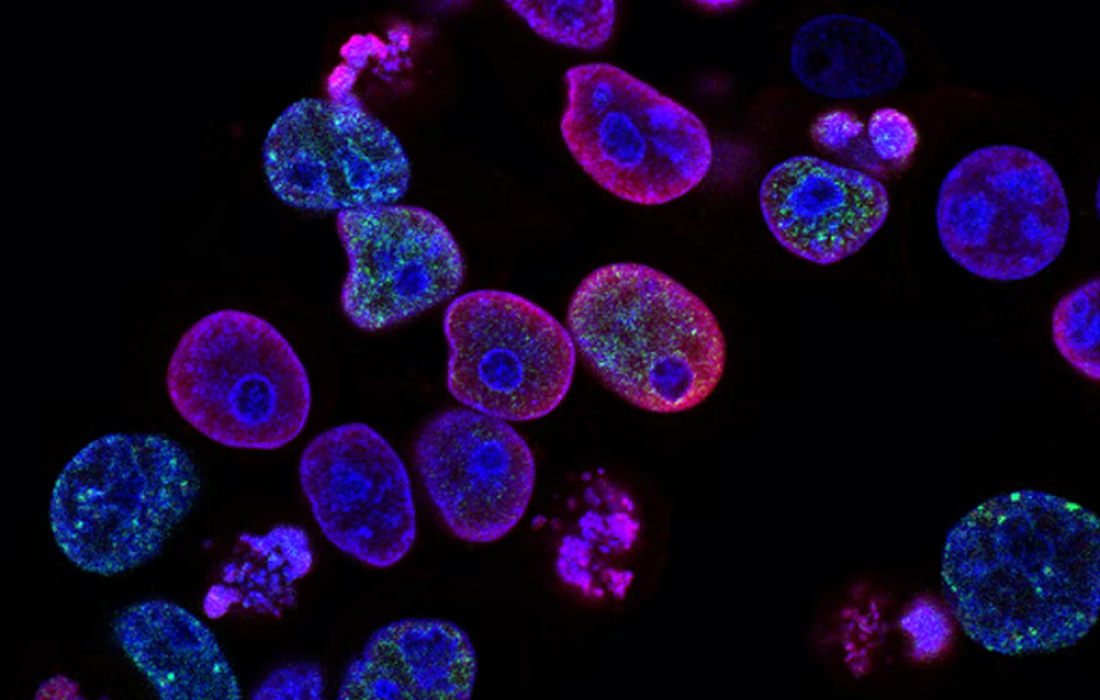Regenerative Medicine News and General Information
New Study Findings: Probiotic Lactobacillus May Promote Pancreatic Tumor Growth
Pancreatic cancer is often difficult to diagnose. This is because there are no validated, specific screening tests that can easily and reliably find early-stage pancreatic cancer in people who do not show symptoms. Furthermore, people with pancreatic cancer often do not have clearly identified symptoms in the early stages of the disease. This means it is often not found until later stages when the cancer can no longer be removed with surgery and/or has spread from the pancreas to other parts of the body.
The average lifetime risk of pancreatic cancer is about 1 in 64. But each person’s chances of getting this cancer can be affected by certain risk factors. If the cancer is detected at an early stage when surgical removal of the tumor is possible, the 5-year survival rate is 39%. About 11% of people are diagnosed at this stage.
New Research: “Tryptophan-derived microbial metabolites activate the aryl hydrocarbon receptor in tumor-associated macrophages to suppress anti-tumor immunity”
In a new study, researchers investigated the mechanisms behind immunosuppression and pancreatic tumor growth in the pancreatic cells of mice and humans. The study was published in the journal Immunity.
The majority of published studies focus on the positive effects of the microbiome and cancer outcomes. However, the researchers results suggest that a genus of gut bacteria called Lactobacillus interacts with the immune system, mainly with macrophages and promotes tumor growth.
Previous research studies have shown that the amino acid tryptophan metabolizes into compounds known as indoles, which can activate aryl hydrocarbon receptors (AhR) that regulate immune cells, including T cells, dendritic cells and macrophages.
This activation of AhR on macrophages has links to immunosuppression, resistance to chemotherapy, and increases in tumor growth.
The researchers based on this concept and treated mouse models with pancreatic cancer with a AhR inhibitor, and by the 14 day of treatment the mice experienced a 50% reduction in tumor weight. Their analysis showed that the drug worked by targeting AhR in macrophages.
Lactobacillus
The researchers then looked for alternative mechanisms that may drive AhR activity. Previous researchTrusted Source suggested that bacteria in the Lactobacillus genus produce indoles from tryptophan metabolization. They hypothesized that removing Lactobacilli using ampicillin would decrease tumor size. They found that mice treated with ampicillin had reduced tumor weights and reduced expression of AhR-responsive genes.
Further tests revealed that treatment with ampicillin increased fecal microbial diversity of certain bacteria and reduced levels of Lactobacillus. They also performed an experiment removing tryptophan from the diet and after 10 days, tumors in mice were 2 times smaller than those with a regular diet.
The researchers concluded that pancreatic tumor growth in mice can be reduced using an AhR inhibitor, a tryptophan-free diet, or a course of ampicillin.
The researchers are now working on a clinical trial to see if this mechanism can be translated into human studies.
Sources:
Annie Lennon (2022, Feb 23). Probiotic gut bacteria may trigger tumor growth in pancreatic cancer. Medical News Today. Retrieved from:
https://www.medicalnewstoday.com/articles/probiotic-gut-bacteria-may-trigger-tumor-growth-in-pancreatic-cancer
https://www.cancer.net/cancer-types/pancreatic-cancer/statistics
https://www.cancer.org/cancer/pancreatic-cancer/about.html
Image from:
Photo by National Cancer Institute on Unsplash

